by Eurocheese
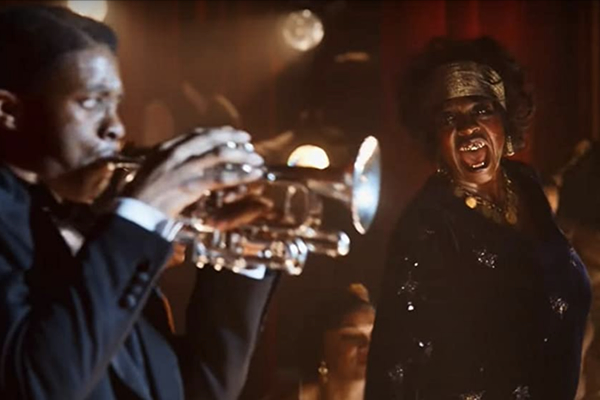 Chadwick & Viola at odds in "Ma Rainey's Black Bottom" -- but will they be even at the Oscars?
Chadwick & Viola at odds in "Ma Rainey's Black Bottom" -- but will they be even at the Oscars?
It’s been over 20 years since we last saw a film take home Best Actor and Best Actress on the same night. While these categories are both very competitive this season, there is a possibility that Ma Rainey’s Black Bottom could combine Boseman’s posthumous career-best performance with Davis’ flashy titular role to make it happen again.
But how often have we seen this combination in the past, and under what circumstances? Let’s take a look…
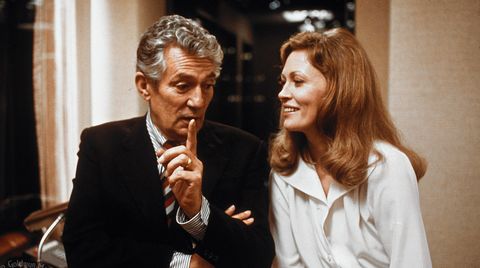 Peter & Faye... both remarkable in "Network"
Peter & Faye... both remarkable in "Network"
There have been 37 films that have walked away from Oscar night with two acting trophies, and two more that have walked out with the highest current total: three acting wins. These two films are A Streetcar Named Desire, which took Best Actress along with both supporting trophies, and Network, which took the two lead prizes as well as Supporting Actress. Network and Ma Rainey’s Black Bottom have a sad shared trait – in both cases, the leading man passed away before the Oscar ceremony. Network was a dominant player at the Oscars in its year, scoring an incredible five acting nominations and tying Best Picture winner Rocky for the most nominations overall (10). Finch and Dunaway also picked up the Golden Globe Actor and Actress wins that year, so while Straight may have been a surprising choice for her Supporting Actress win (and famously short time on screen), this combination of Actor and Actress wasn’t hard to see coming.
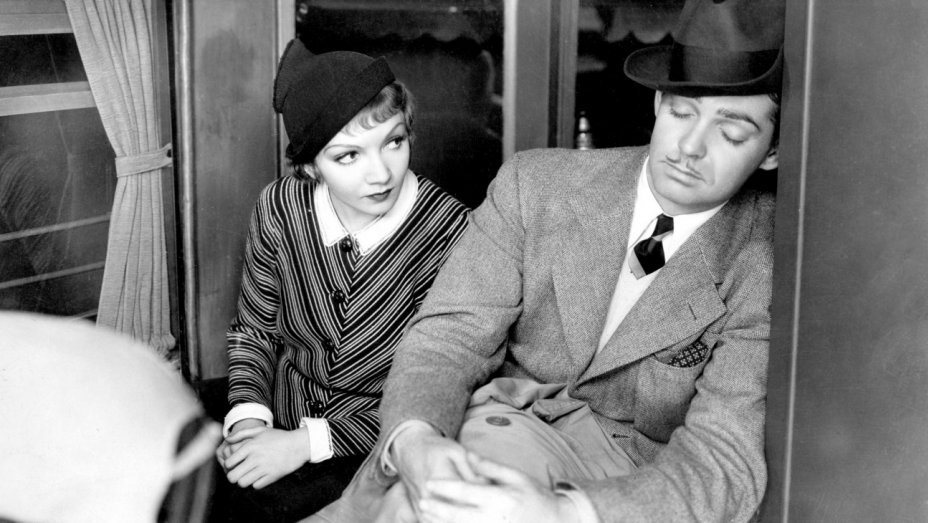
Network was one of seven films to pull off the Best Actor and Best Actress pairing. If you’re an Oscar trivia fan, three more of these might be easy to name as they famously swept the top five categories of their respective years, taking home Best Picture, Director, Actor, Actress and Screenplay. The first time this happened, it was to a 1934 film built on incredibly low expectations. Both Clark Gable and Claudette Colbert resisted It Happened One Night initially, and the romantic comedy reportedly went through a series of rewrites. After completing it, Colbert declared it one of the worst films in the world, despite it eventually turning into a huge hit. Even on Oscar night, she was so sure of her loss she had to be pulled off a train last minute to accept her honor. The film was only nominated in five categories, and it won in every single one of them.
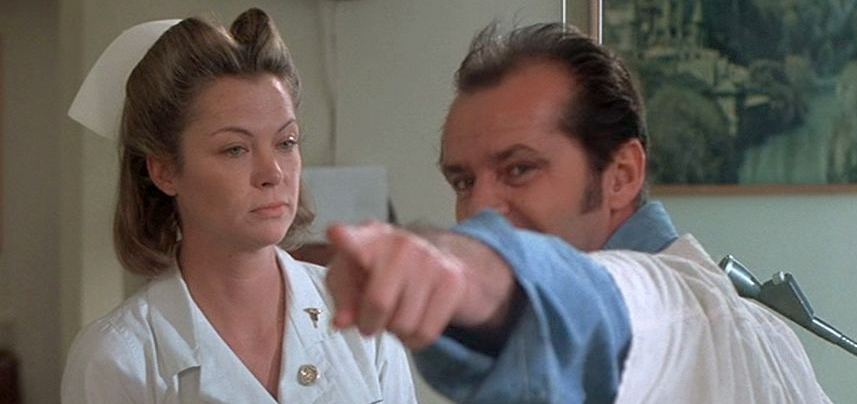 Louise vs Jack in "One Flew Over the Cuckoo's Nest"... but they both won on Oscar night.
Louise vs Jack in "One Flew Over the Cuckoo's Nest"... but they both won on Oscar night.
The next sweep of the top five categories came just a year before Network, when One Flew Over the Cuckoo’s Nest (1975) became a massive box office success. 1975’s Best Picture field is often called one of the all time great lineups (the other nominees: Barry Lyndon, Dog Day Afternoon, Jaws and Nashville) but none of the contenders proved a match for Cuckoo's Nest enthusiasm. It also took Picture, Director, Actor and Actress wins at the Globes so this outcome wasn’t a surprise to anyone by Oscar night.
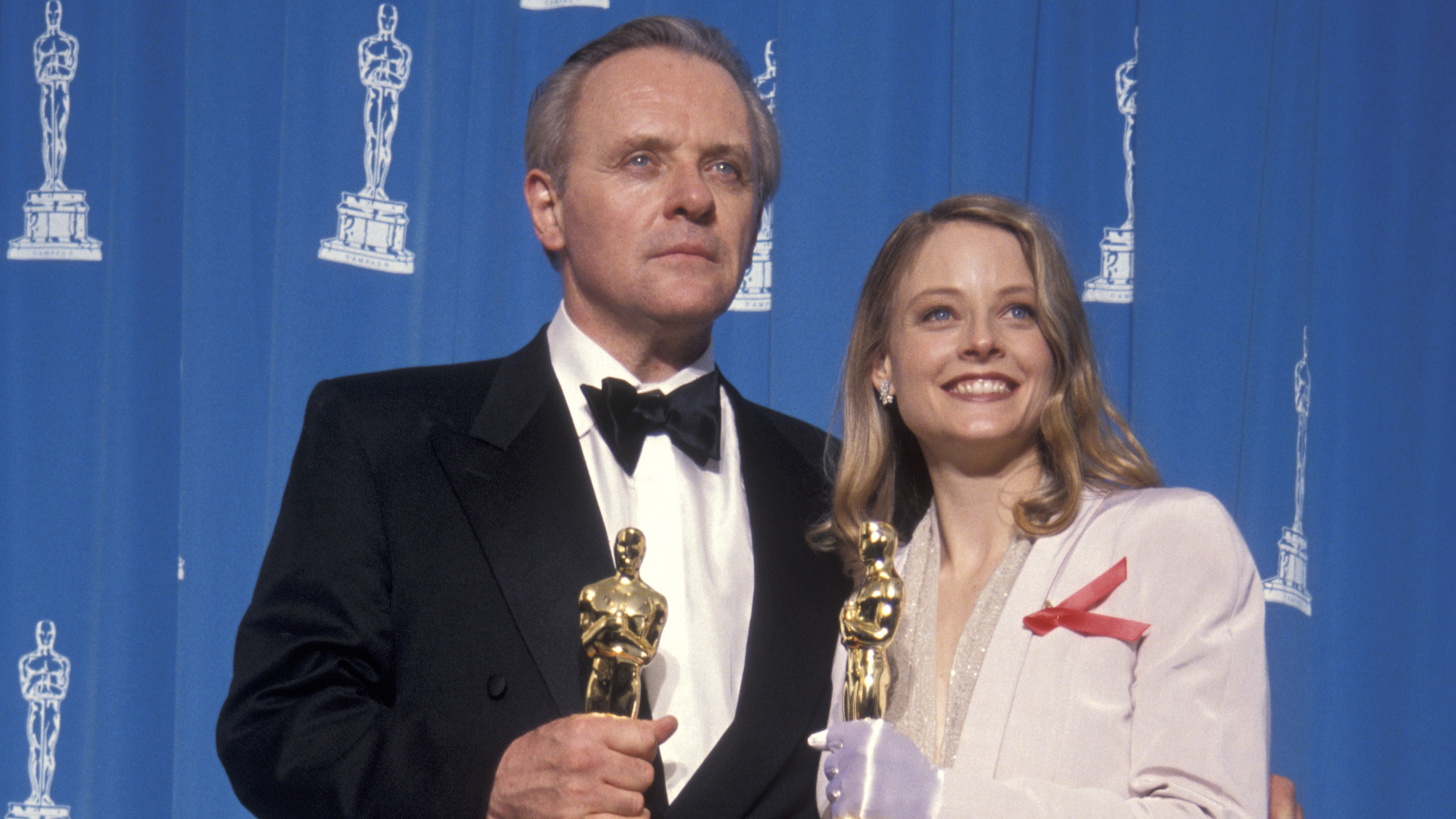
The final sweep of the top five was also a major box office hit, but it was a bit of an oddball as the only horror picture to ever win Best Picture. The Silence of the Lambs (1991) caused a bit of debate by pushing Anthony Hopkins lead given his short time on screen, and the outcome wasn’t entirely clear in his race, since Nick Nolte (who had had a big year with two awards-popular hits) had won the Globe. It’s a crazy thought that such an iconic role might have missed, and watching Hopkins’ win, you can hear the crowd cheering him on before his win was announced. Through a modern lens, the Foster/Hopkins pairing is perhaps the most obvious choice among these films to receive matching Oscars.
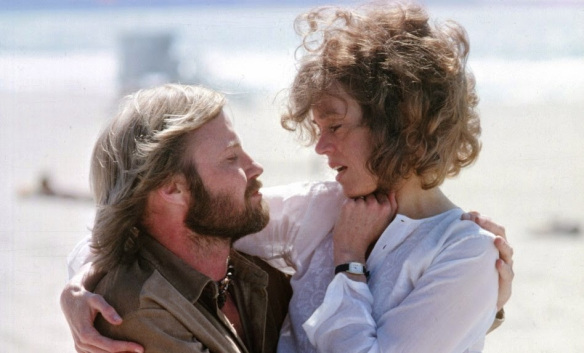
Comparing these films to Ma Rainey doesn’t entirely seem fitting; despite its buzz, it's hard to picture the film dominating the Oscar ceremony (though it will certainly score a number of nods). The other three films to win both lead acting prizes make more sense as comparison points, though all of them revolve around romantic couples rather than coworkers at odds. The first, Coming Home (1978), was a heavy hitting drama that lost Best Picture to a far more “epic” front runner, but its character focus may be why Fonda and Voight felt likely to win once the Oscars rolled around. In Actress, Bergman was unlikely to win a fourth Oscar (just as McDormand feels unlikely for her third lead win), and the film had more momentum overall than the other Actress competitors. Actor placed a respected Voight against two former winners (De Niro and Olivier), a comedic performance (Beatty) and a film that didn’t have the same Oscar clout (The Buddy Holly Story, starring Gary Busey). If Boseman and Davis begin to emerge as front runners, this might be the most comparable model.
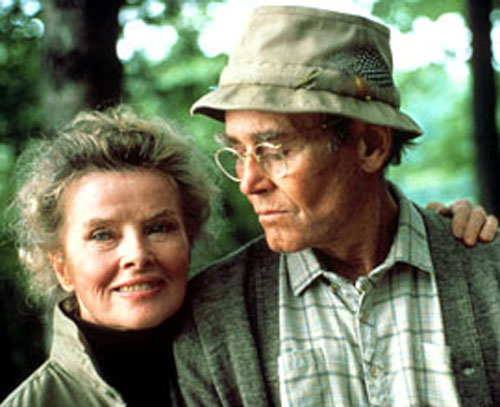
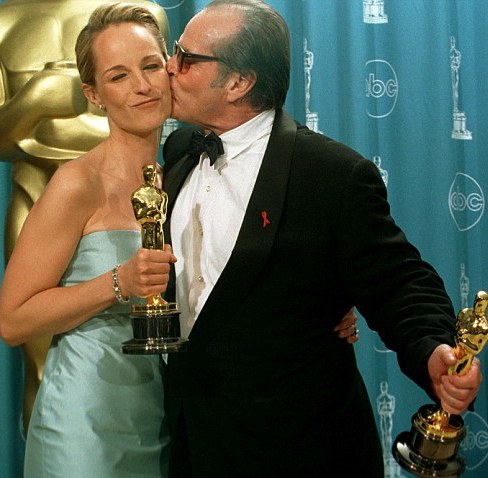
The final two Actor and Actress winners, On Golden Pond (1981) and As Good As It Gets (1997) did not go into Oscar night with the expectation of taking both prizes. In both cases, the Actor prize felt like a sure thing; Henry Fonda was in a box office hit and was building momentum towards his first career win, and Nicholson felt like a slam dunk at the time. Actress was a different story. Hepburn’s fourth win was a surprise in a competitive category, and Helen Hunt even mentioned in her speech that she thought she would lose to Judi Dench. These could also be similar to Ma Rainey: sentiment paired with a dynamic performance has Boseman out in front (despite tough competition), but Actress could certainly go a number of different directions. Davis strikes me as a likely candidate to follow up her supporting Oscar with a lead win, but is this the year? We’re still early in the season. Anything could happen.
What about you, dear reader? What do you think of the chances Ma Rainey’s Black Bottom becomes the eighth film to pull off dual lead Oscars?